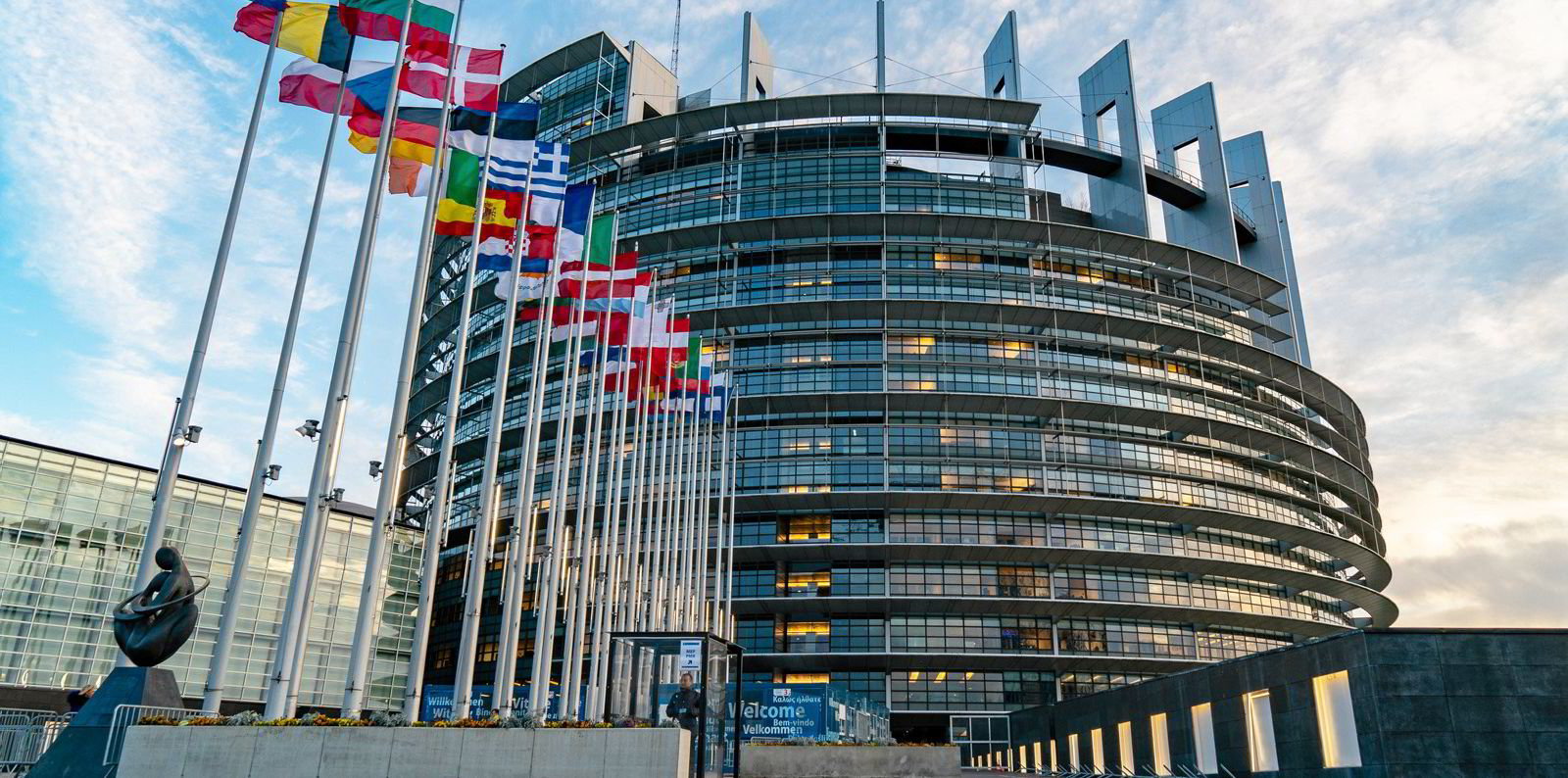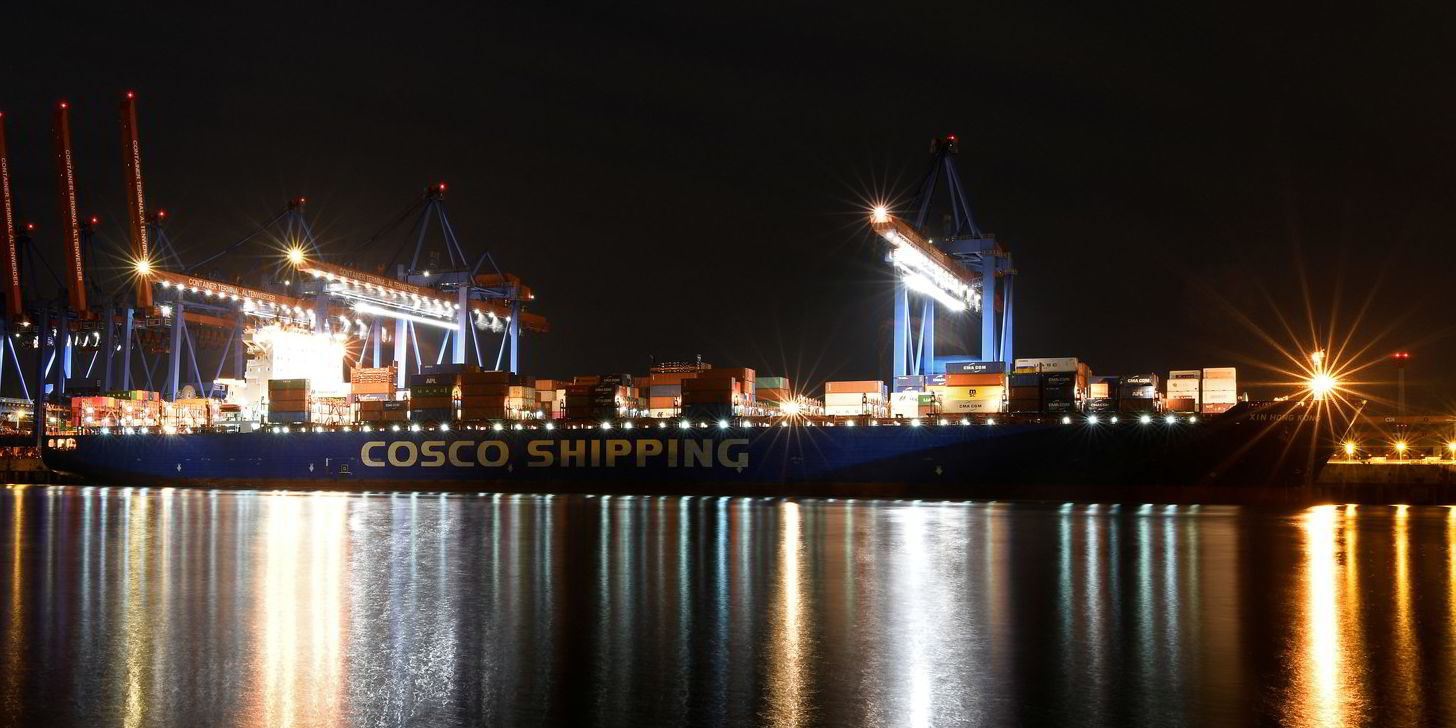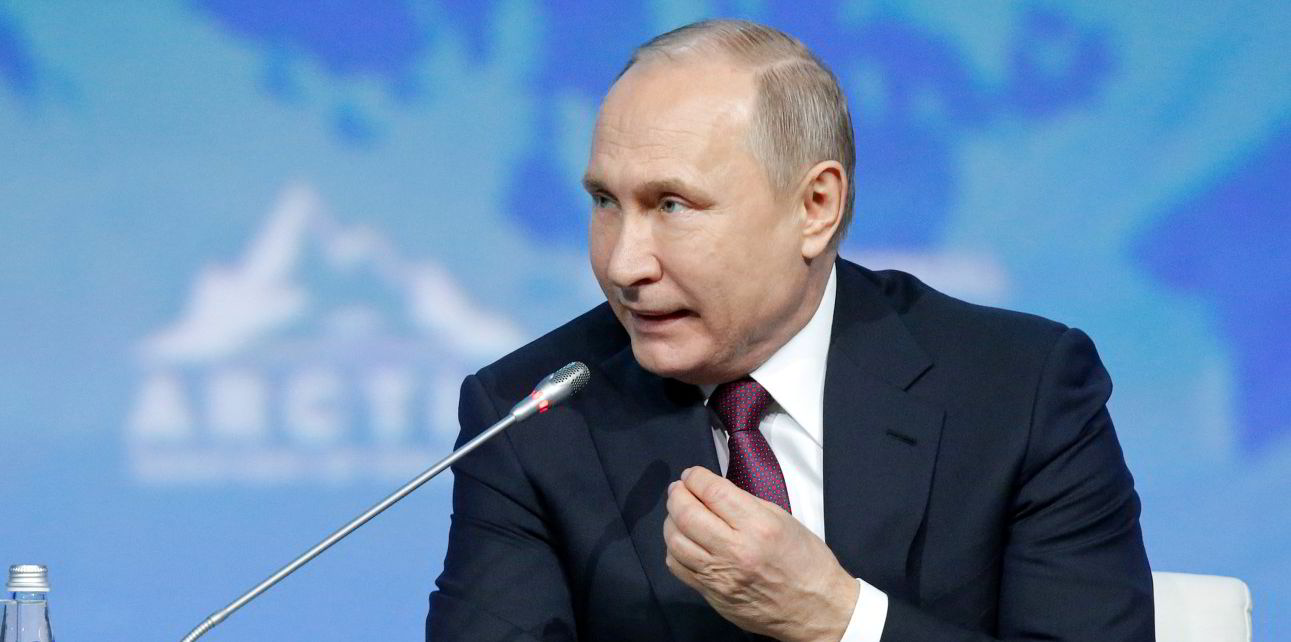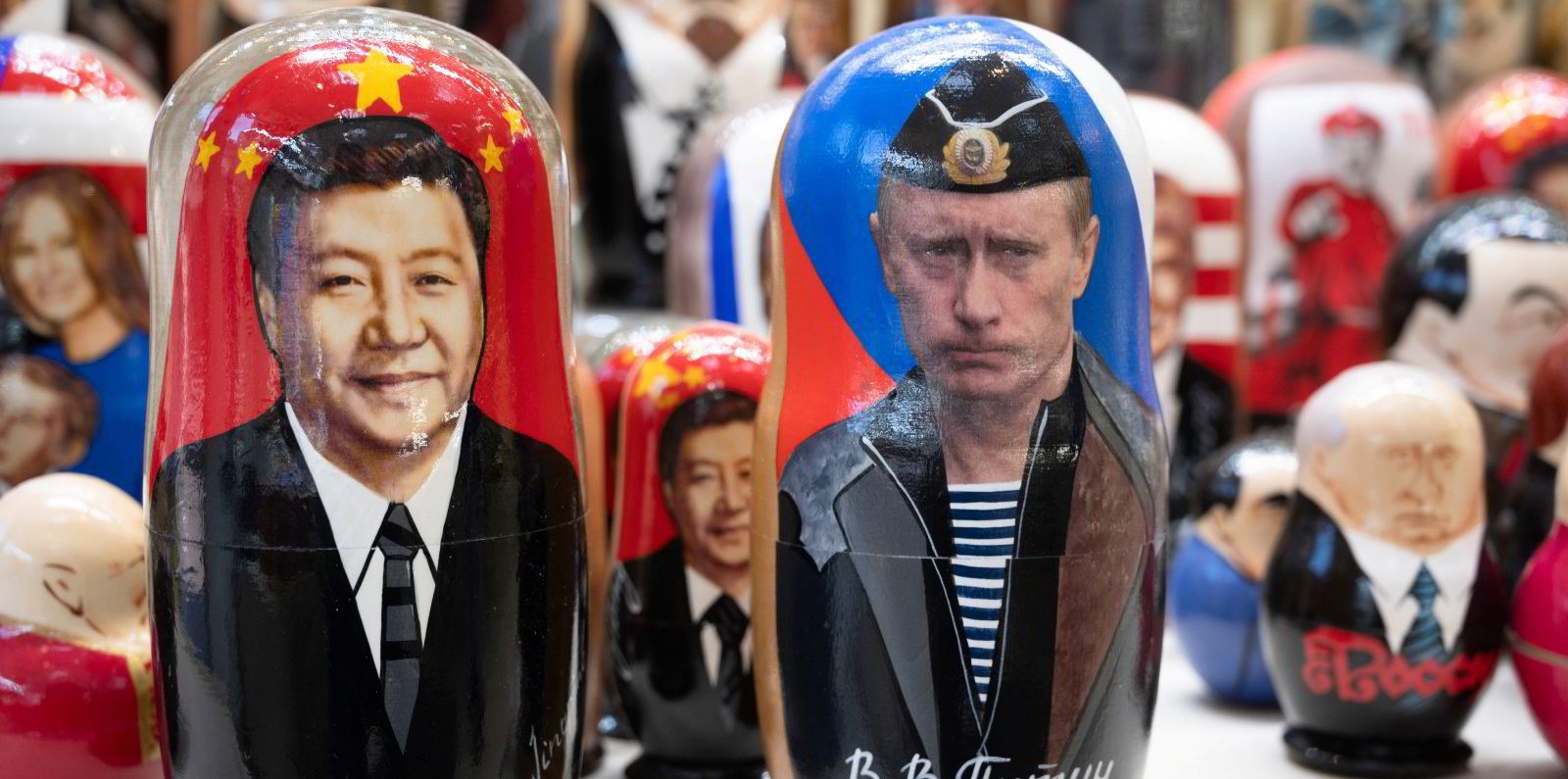German logistics operator HHLA has just sold a 25% stake in its Hamburg port subsidiary Container Terminal Tollerort to a Chinese state-owned shipping and port company.
The controversial deal with Cosco came just days after Italy imposed restrictions on the way another Chinese company — Sinochem — runs flagship tyre company Pirelli.
Marco Tronchetti Provera, the Pirelli chief executive, warned a Rome committee last week that “the Chinese are dangerous” because business and politics are intertwined there.
Meanwhile, members of the European Union have been wrangling in Brussels over how to de-risk themselves from an undue reliance on Chinese money — and manufacturing.
Leaders of the G7 countries meeting in Hiroshima last month warned about Chinese “economic coercion”, although the meeting this week between President Xi Jinping and US secretary of state Antony Blinken in Beijing suggests both sides want to dial down the tension.
Since 2020, there have been rules requiring EU governments to tell Brussels about any inbound foreign direct investment that could be threatening.
“Economic security” is now a new mantra in the EU and US amid sabre-rattling by Beijing over Taiwan and China’s increasingly muscular foreign policy.
The Russian invasion of Ukraine has made the EU and particularly Germany acutely aware of — and needing to remove — its foreign dependence, in this case on Siberian gas.
Despite all of this, HHLA completed the container terminal deal with Cosco on Monday, giving it a piece of acknowledged “critical infrastructure” — at least with regards to its IT systems.
Retaining control
The announcement from HHLA came with a major bid to deflect criticism or misunderstanding saying the IT would be centrally controlled by HHLA.
The German company provided an extensive Q&A to explain the wider port of Hamburg “will not be sold” and that HHLA would remain in sole control of all major decisions.
“IT and sales data remain solely at HHLA’s responsibility,” said the German company, which itself owns a foreign container terminal — at the Black Sea port of Odssa.
The deal did cause widespread divisions in the German parliament — and drew criticism from Washington — before being given the green light by German Chancellor Olav Scholz
HHLA argued that the Cosco agreement “does not create one-sided dependencies”. Instead, HHLA added that it strengthened supply chains and promoted value creation in Germany.
But the deal did cause widespread divisions in the German parliament — and drew criticism from Washington — before being given the green light by German Chancellor Olav Scholz.

Cosco Shipping Ports, the subsidiary of Cosco that signed the deal with HHLA, already has stakes in the ports of Antwerp, Zeebrugge and Rotterdam. The Beijing-based company is also the majority shareholder in the port of Piraeus.
But while the arguments over economic dependence go on, so does trade. The role of the Chinese economy has been underlined in the maritime world by the recent surge in large tanker rates.
Some VLCCs are being booked for more than $100,000 per day after a “fantastic week” when spot earnings averaged around $90,000 per day — double the previous seven-day period, according to Clarksons Securities.
Chinese importers have been leading the charge, trying to secure as much crude as possible before the latest Saudi Arabian production cuts kic -in in July.
Shipbroker BRS said freight rates on the Middle East Gulf to China route have risen 212% since the first week of June. It added that Chinese refinery throughput rose last month to its second highest-ever figure for a month at 14.6m barrels per day — 15% higher than during the same period last year.
Economic concerns
However, overall, there has been concern both inside and outside of China that the economy there is stalling.
On Tuesday, the central bank in Beijing cut — albeit only slightly — interest rates for loans issued by the state-controlled banking system. It was interpreted as the latest sign of economic weakness amid flagging exports, stagnating local construction and tepid consumer spending while share prices fell in Hong Kong and Shanghai as investors had been hoping for a bigger cut.
Crude prices also fell and analysts at US investment bank Citibank reduced its 2023 Chinese economic growth forecast from 6.1% to 5.5%.
China remains an engine of growth for the global economy as well as being a voracious investor. Is the Cosco minority stake in a Hamburg port terminal inappropriate? Not in itself, but as they say in real estate: caveat venditor (“let the seller beware”).






